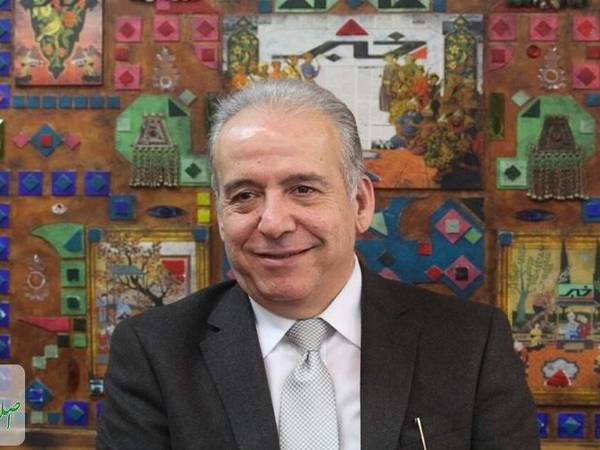Iran can double its trade with China if US sanctions are lifted, but it would need 8 years to regain the economic status of 2010, a Tehran business leader says.
China has been Iran’s top trading partner in recent years and has helped with its overt and covert oil purchases since 2018 when the United States withdrew from nuclear deal known as JCPOA and imposed crippling sanctions on Iran.
The head of Iran-China chamber of commerce in Tehran, Majidreza Hariri told the Iranian Student News Agency (ISNA) in an interview that although China has taken a public stance against US sanctions, “but economic relations have their own characteristics and Iran should have its own special plans for neutralizing sanctions.”
Hariri in the past one year has repeatedly hinted at the economic benefits of lifting US sanctions, without commenting directly on the nuclear talks that have dragged on for 16 months without a result, keeping sanctions on Iran’s oil exports and international banking.
In April, the business leader said that if US sanctions are lifted, annual trade with China could top $60 billion. Last November he warned that Iran’s economy was at a dangerous juncture, with high inflation and a host of other problems. Since then, the national currency has lost more value and inflation has climbed to an annual rate of 54 percent.
Hariri also said that Iran would need eight years once sanctions are lifted to regain the same economic footing it had in 2010, when first international sanctions were imposed for its nuclear program.
Hariri told ISNA, “Despite many slogans, the economy was never a priority for Iran’s economic decision makers, and this has made current conditions so difficult.” He pointed out that while Iran’s oil and petrochemical products in the past had a strong market in China, now it has lost its position to others.
As an example of how sanctions impact ties with China, Hariri said that when a large Chinese operator of ports has 18 ventures in different countries, it cannot risk being targeted by secondary US sanctions. Nevertheless, he added, “China has shown cooperation with Iran for many years.”
Asked if a nuclear agreement is the only salvation for the economy, the businessman said that any agreement needs a 50-50 compromise and talks should continue to fruition, however Iranian officials in charge of the economy should also pursue other avenues to “neutralize sanctions,” to be able to emerge from the current “deadlock”.
Officials, particularly the followers of Supreme Leader Ali Khamenei’s hardline policies, who are currently in charge, often speak of “defeating sanctions” but in essence their efforts have marginal results. Most countries and international corporation shun business with Iran, which for more than a decade has attracted little foreign investment or large joint projects.
Russia on paper has promised many investments, or Iranian officials have claimed, but nothing significant has materialized. Recently, Moscow’s ambassador in Tehran complained that Iran owes Russia more than $700 million.
Iran last year signed a 25-year “strategic cooperation” agreement with China, which includes no specific provision for projects or investments. Officials in Tehran have said that the document is a framework based on which specific deals can be reached, but so far there is no sign of any large Chinese investments that Iran needs.
